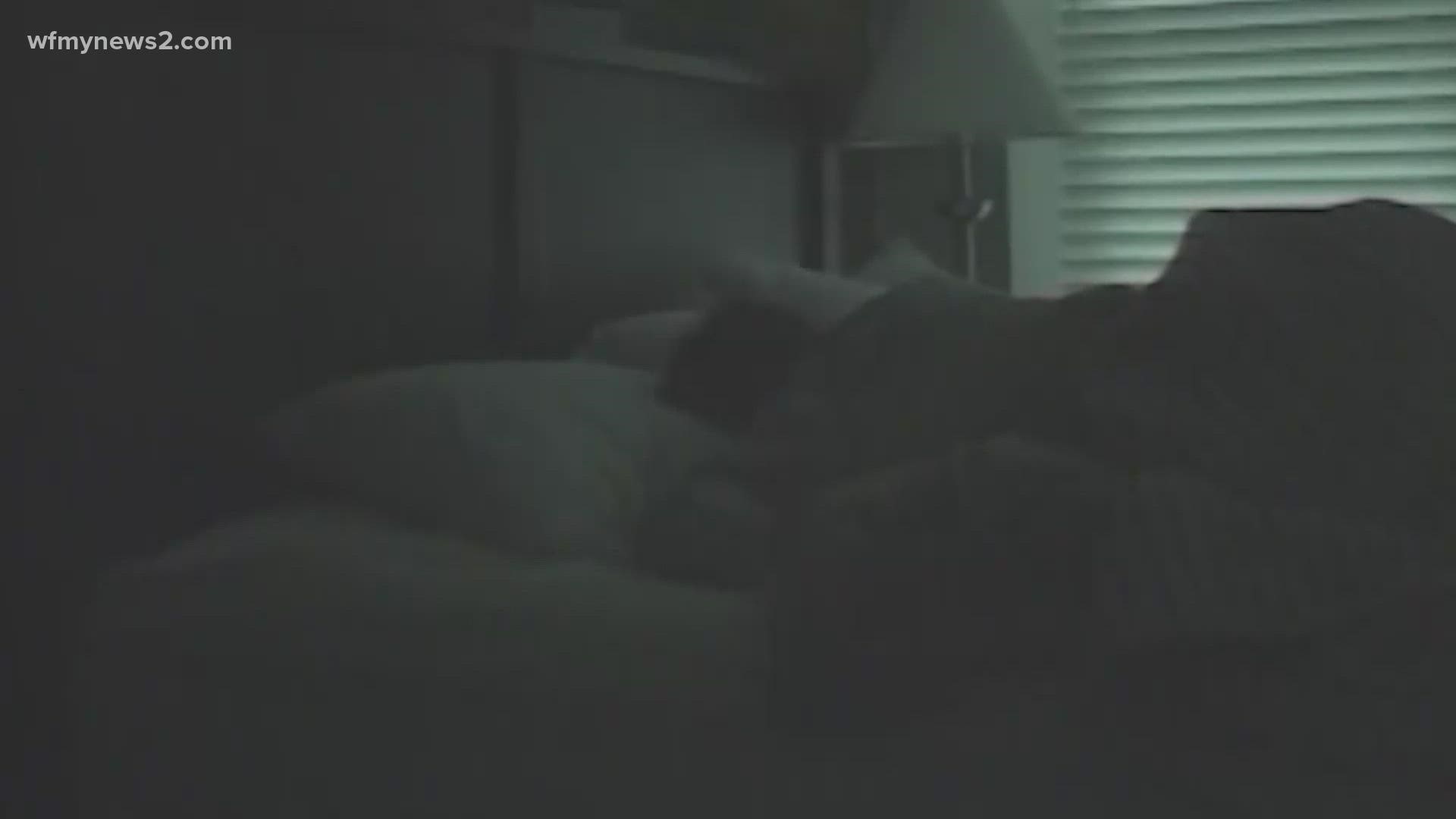GREENSBORO, N.C. — I love the extra hour of daylight. Oddly, sleep researchers say if you get a lot of exposure to bright light during the day it could improve your sleep. How?
At night, even the natural light coming in can disturb your sleep. In fact, if you can clearly see items in your bedroom, experts say there's too much light in your room. Getting exposure to light during the day helps protect you from some of this natural light at night that interrupts your sleep rhythm.
“About two hours before you actually go to bed, start dimming it down and then in your room, be aware of the light sources. Be aware of that and try to block that out,” said Dr. Phyllis Zee, Chief of Sleep Medicine, Northwestern University Feinberg School of Medicine.
A new study from Northwestern Medicine shows being exposed to even moderate light during sleep can harm cardiovascular function and increase insulin resistance, which are risk factors for heart disease, diabetes and metabolic syndrome.
“When you're sleeping with the lights on, your heart rate goes up during the entire night while you're sleeping. And then the next day, your glucose measurements showed that more insulin had to be secreted to be able to bring your glucose to a normal level,” said Zee.
Block outdoor light with blackout shades or eye masks.
Keep light color in mind. Red or orange light is less stimulating for the brain so keep white or blue light away from the bed.
If you need a light in the bedroom, make it dim and close to the floor.

